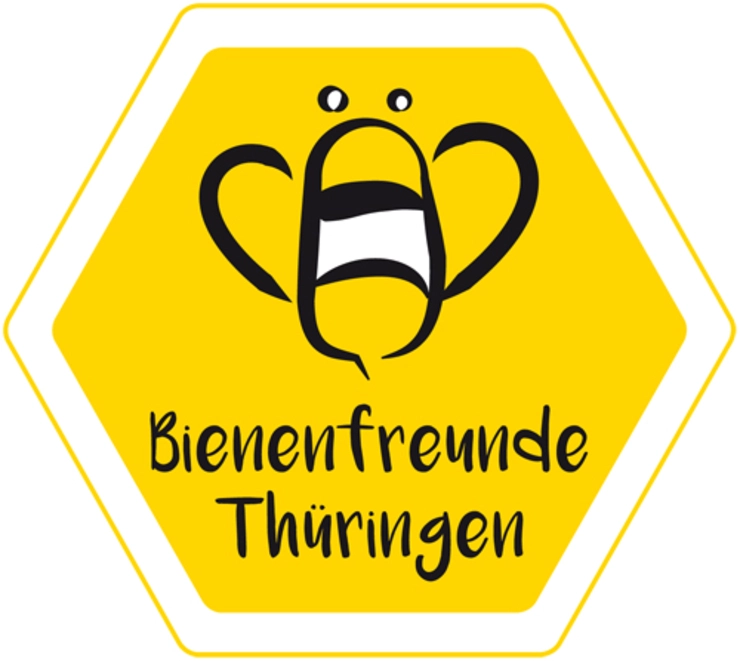Certificates and memberships
Certificates
Diversity Audit
On its way to becoming an "inclusive university", the University of Erfurt has undergone an extensive auditing process. In May 2023, it received certification from the Stifterverband for this success. As part of the audit, the university developed a diversity strategy, among other things. This describes, among other things, objectives, ways to achieve objectives and organisational structures as well as concrete activities, offers and measures that are implemented in order to shape the university as a diversity-sensitive institution.
Environmental label "Ökoprofit"
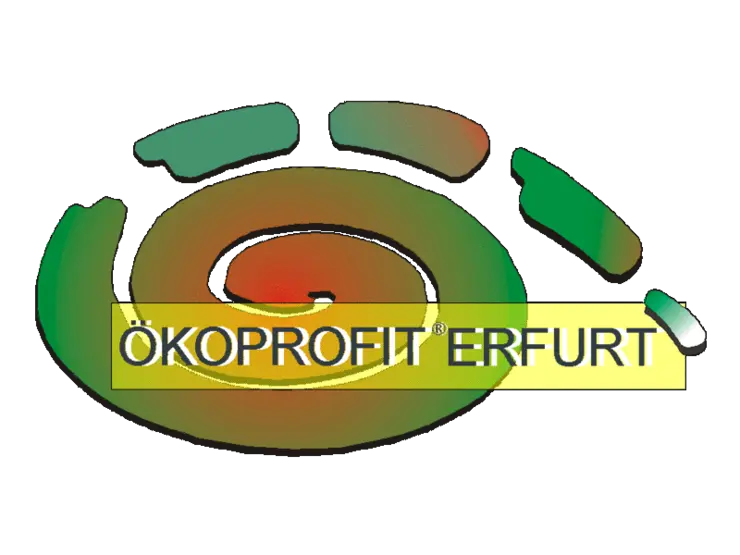
The University of Erfurt has been awarded the "Ökoprofit" environmental seal of approval in 2014. It is thus one of more than 110 institutions that have received this award in Erfurt since 2000. To date, more than 2000 companies in over 90 cities in Germany have received the coveted municipal seal. They are all committed to the sustainable use of resources and to making an active contribution to reducing the burden on the environment and lowering energy costs.
Further information on the Enviroment label "Ökoprofit"
Memberships
"EUniCult" network

The "EUniCult" network comprises 14 European universities from Germany, France, Italy, Poland, Portugal, Switzerland and Spain. The central concern of the project is to re-establish the acquisition of key cultural competencies in a European framework as a university educational goal and an indispensable complement to professional training. These consist above all in a general basic cultural knowledge and skills, which allow a connection between science, everyday working life and the world of life, in the ability to work scientifically and professionally as well as in communicative and social skills. The University of Erfurt belongs to the founding group of EUniCult.
Further information on "EUniCult" network
"Education through Responsibility" network
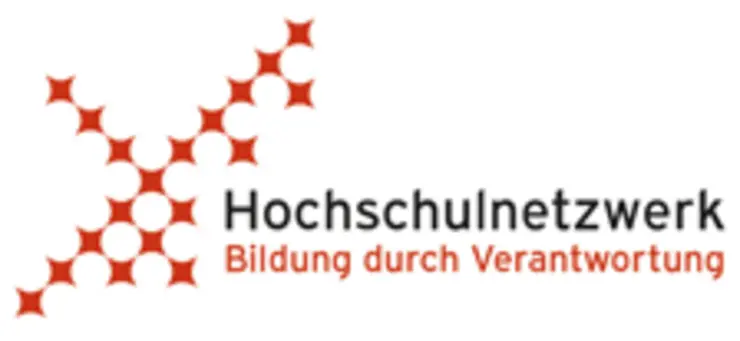
"Service Learning" was established in the USA in the mid 1980s. The starting signal was given by the founding of the student organization "Campus Outreach Opportunity League" (COOL) and the network "Campus Compact" at the level of university management, to which over 950 universities belong today. The participating universities are committed not only to promoting professional expertise, but also to strengthening the willingness and ability to use the intellectual and material resources of the universities for the benefit and strengthening of the community. In this way, the universities aim to educate students to be citizens and socially responsible, to teach them social skills and to contribute as actors in civil society. In Germany, "Service Learning" has been practiced in isolated cases at various universities for several years. The German universities where the first such approaches are being implemented – including the universities of Lüneburg, Mannheim, Trier, Würzburg, Saarland and Erfurt – founded the "Higher Education Network Education through Responsibility" in March 2009. In their joint declaration, they declare that they regard and develop personal and social responsibility as an essential educational task at their campuses.
Further information on the "Education through Responsibility" network
Innovation Network Education for Sustainable Development (InnoNet BNE)
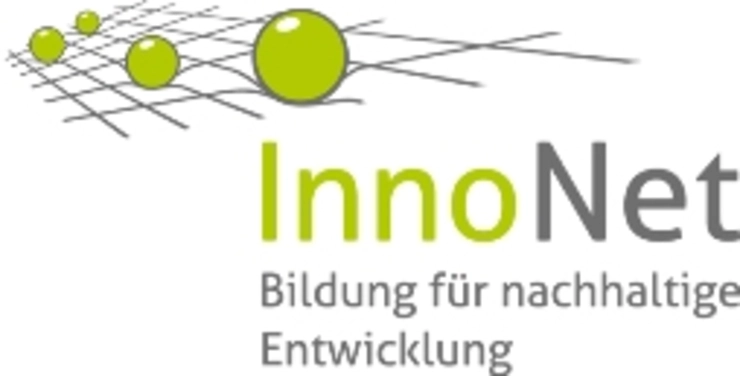
The Innovation Network Education for Sustainable Development (InnoNet BNE) started its work in 2012. It is a regional network of actors from education, civil society, business and local authorities that are committed to promoting Education for Sustainable Development. The aim of the network is to teach children, young people and adults the ability to think and act sustainably. This puts people in a position to make decisions for the future and to assess how their own actions will affect future generations or life in other regions of the world. In addition to the University of Erfurt, the network includes the University of Applied Sciences Erfurt and the city of Erfurt, the Arbeitsgruppe Nachhaltigkeit e.V., the TheoPrax Foundation in Thuringia (at TIAW e.V.), the Sustainability Centre Thuringia, the NOW project and the Plattform e.V. (an institute at the UAS Erfurt). From September 2012 to August 2013 InnoNet was funded by the Federal Ministry of Education and Research (BMBF). In 2018 the innovation network was also awarded a prize by the German Council for Sustainable Development. The award is linked to the award of the "Project Sustainability" signet, which the network has been using ever since to communicate its success.
Further information on the Innovation Network Education for Sustainable Development (InnoNet BNE)
Sustainability Agreement Thuringia

Since the end of 2010, the University of Erfurt has supported the Thuringian Sustainability Agreement (NAT). This is a voluntary agreement between the Thuringian state government and the Thuringian business community. Its aim is to achieve a high level of resource conservation and energy efficiency, environmental protection and contributions to climate protection through business, thereby improving the framework conditions for further economic development. Agreement partners and companies are united by the common basic understanding of sustainable development, which is based on the careful and responsible use of natural resources and is oriented towards responsibility towards future generations. The Thuringian Sustainability Agreement is funded by the Free State of Thuringia through the Thuringian Ministry for the Environment, Energy and Nature Conservation and the Thuringian Ministry of Economics, Science and Digital Society.
Further information on the Sustainability Agreement Thuringia
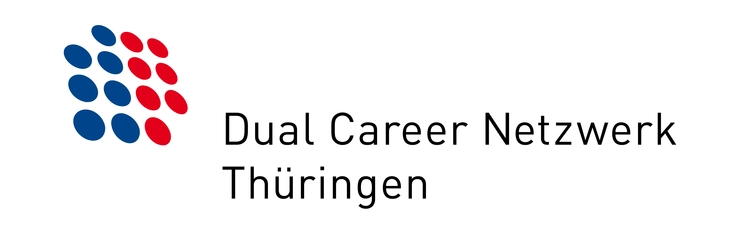
The Dual Career Network Thuringia (DCNT) was founded in October 2013 with the aim of supporting the professional and family integration of dual career couples in Thuringia. The University of Erfurt is also a member of this network.
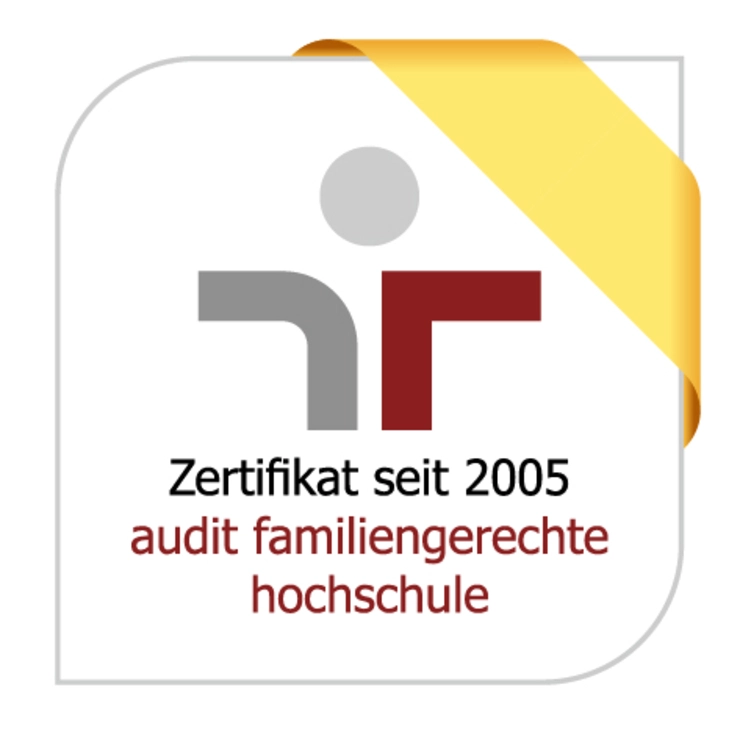
![[Translate to English:] Logo der Deutschen Forschungsgemeinschaft DFG](/fileadmin/_processed_/2/7/csm_dfg_logo_blau_b59bd99228.webp)
